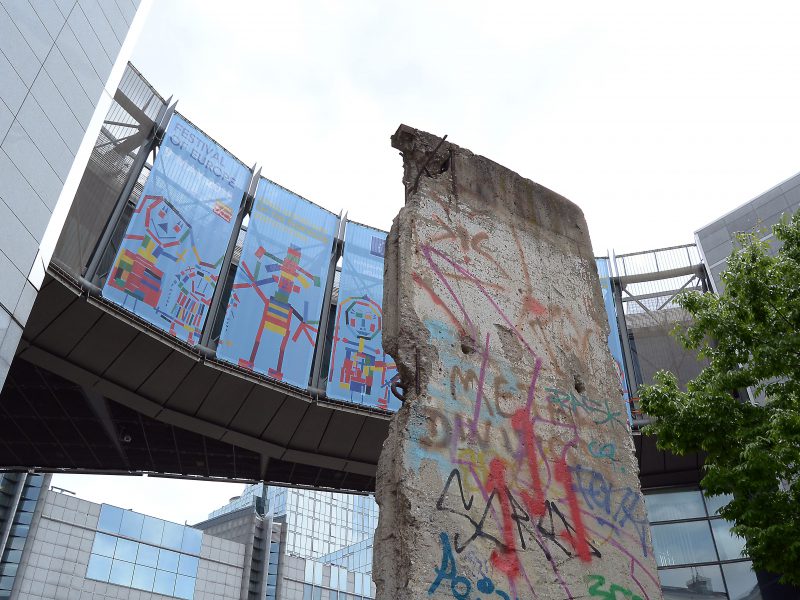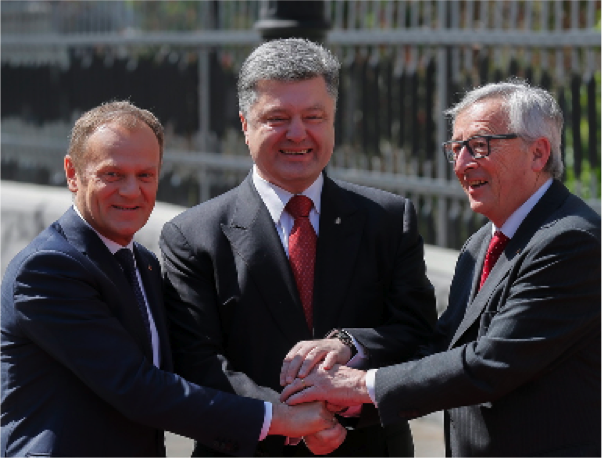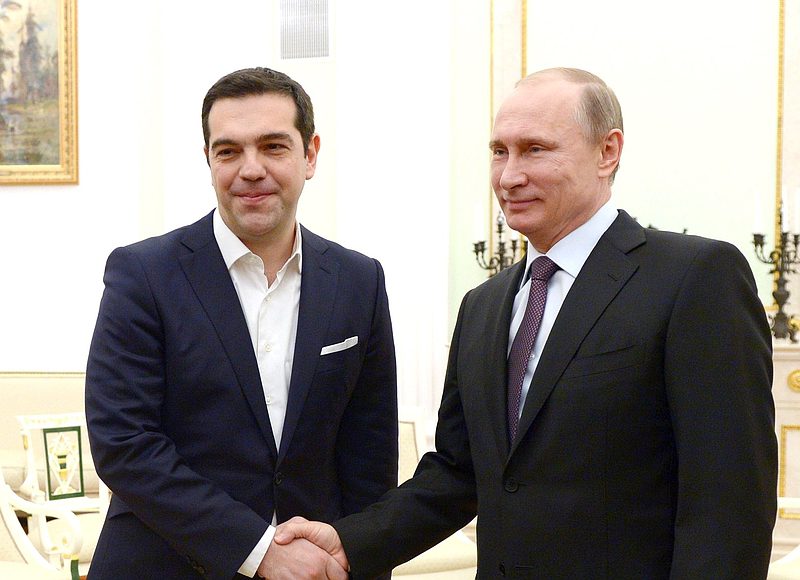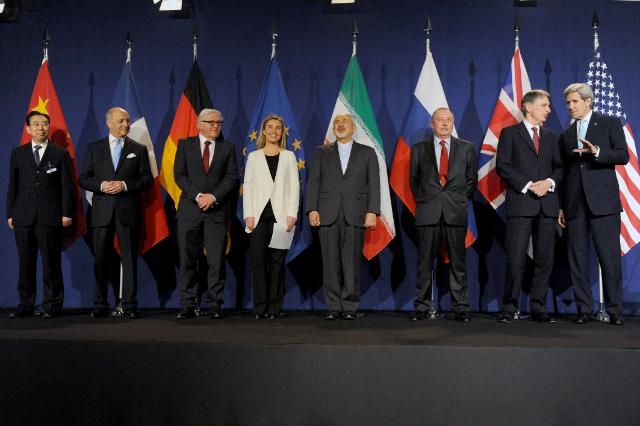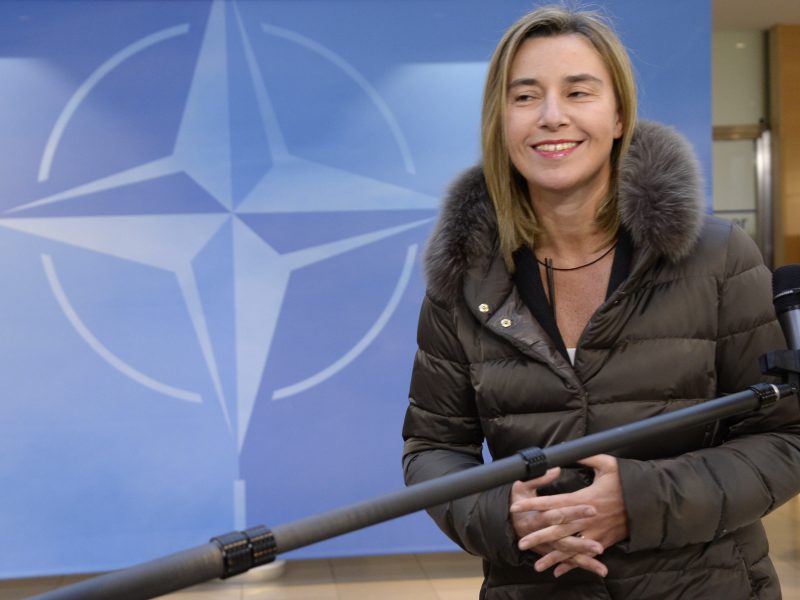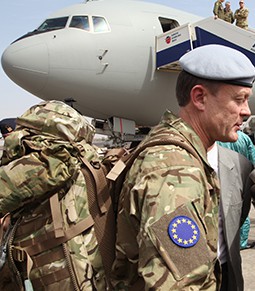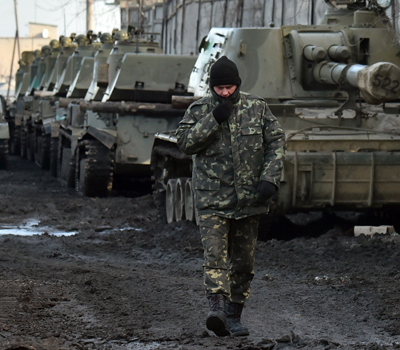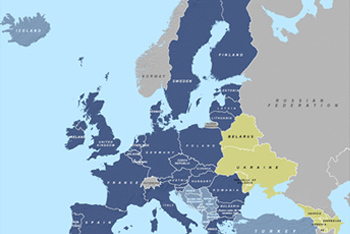What-Does-Europe-Want Day
“It’s Europe Day!” my wife called out when I showed her the invitation flier to Kriek & Frites party on May 8-9 at Place Jourdan in Brussels. Neither the flier nor its typically Belgian offer implied any connection with the EU. Given my early school days were spent in the Soviet Union, I associated the dates rather with the end of World War II. So what’s this Europe Day anyway? I distantly remembered that it had something to do with the day on which France and Germany decided to unite their coal and steel industries, hoping that this would prevent them if not from ever again piling up tanks and cannons…

